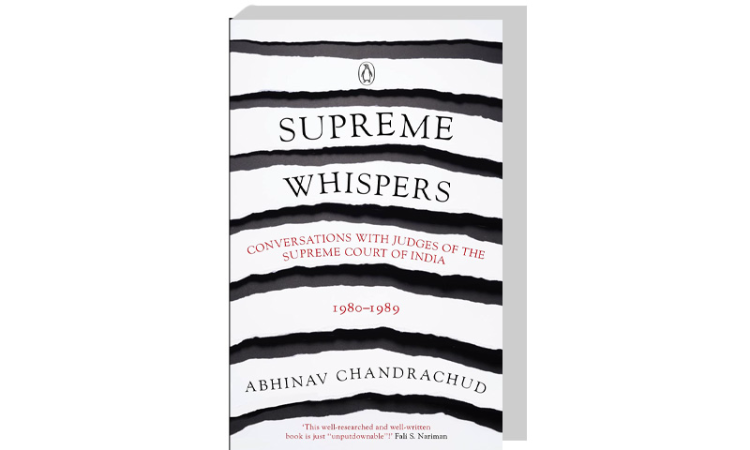Next Story
29 Sept 2021 9:17 AM IST
Among the three organs of government, Judiciary has great respect for its working, judgments, and impartiality, and Higher judiciary has more respect than its lower counterparts. Although we see the inclination of the judges towards the government, yet these stories of allurements could not shake the people's faith in the judiciary. It is undisputable fact that if there is a group of persons...

